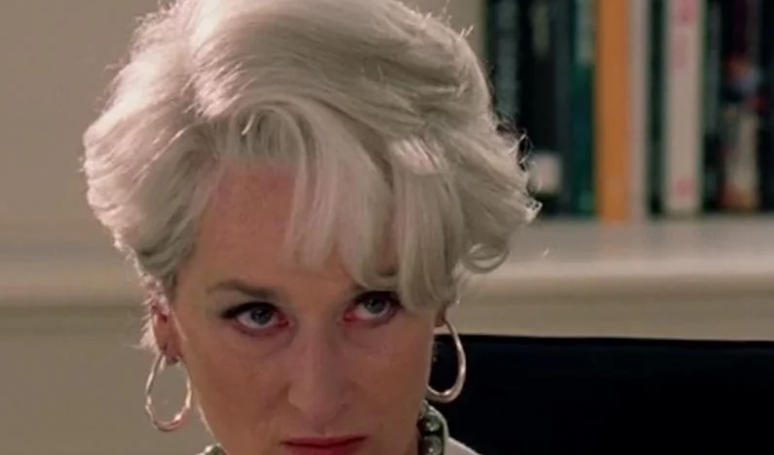Throughout his life, Beatle always compared the process of creating songs to bad sensations, torture and total discomfort.
Be us Beatles or in a solo career, John Lennon became notable as one of the greatest composers of all time. Since the beginning of his activity as a musician, still in the early days of the Fab Four, he was one of the enthusiasts of the authorial process. Like his colleagues, he didn’t just want to play covers by other artists.
However, anyone who thinks that the creative process was easy or pleasurable for the musician is mistaken. In interviews, Lennon made it clear how difficult it was and compared the process to “torture” or “possession” on some occasions.
In a statement published by the official account in his honor on X/Twitter (via Far Out Magazine), Lennon explained that, for him, composing was something similar to casting out a demon that had taken control of his body. The need for peace motivated him to create.
John said:
Composing music is about getting the demon out of me. It’s like being possessed. You try to go to sleep, but the music won’t let you. So you have to get up and do something about it, then you are allowed to sleep.”
In his last interview, brought by Showbiz CheatSheetLennon reflects on the “complaints” made over the years about the songwriting process. Even at that moment, the musician murdered in 1980 seemed not to have changed his mind that much.
In his own words:
What I notice when I read ‘Lennon Remembers’ or the new Playboy interview is that I’m always complaining about how hard it is to write, or how much I suffer when I’m writing – that almost every song I’ve ever written has been absolute torture. . I always think that there is nothing there, that it is shit, that it is not good, that it is not coming out, that this is garbage. And even when it comes out, I’m like, ‘What the hell is this? It’s just stupid.’ I think, ‘That was hard. Jesus, I was bad here.’ Except for the 10 songs or so that the gods give you and they come out of nowhere.”

Paul McCartney confirms
Paul McCartneyits biggest partner, confirms the difficulty that John Lennon had with the compositions. In a 1994 interview, available on the website Beatles InterviewsMacca explains how the partnership worked in moments when the colleague was unable to move forward with the idea: on the basis of a formula.
There was a tendency to have four verses in our songs, plus a chorus that repeated endlessly and a bridge. So if it was John’s idea, I usually came in on the second verse. The first verse was always good to close with him — it was like, ‘Remember what I told you at the beginning of the song? I will reaffirm it now’. That was always a good little trick.”
The evolution of John Lennon’s compositions
In the second half of his career, Beatles and mainly in the solo trajectory, John Lennon He began to write more personal and profound lyrics. However, it wasn’t always like this.
In conversation with the Rolling Stone USAthe musician revealed that he considered only two of his compositions with the Fab Four “true”. He explains:
I don’t know about other things, really, and the few real songs I ever wrote were like ‘Help’ and ‘Strawberry Fields’. I can’t think of them as something external. They were what I always considered my best songs. They were the ones that I really composed from my own experience and not by projecting myself into a situation and writing a beautiful story about it.”
Curiously, “Help” and “Strawberry Fields Forever” represent two different moments of the Beatles. The first is the title track of the 1965 album and also gives the name to one of the group’s films. The second, more experimental, initially arrived as a single and was later included in Magical Mystery Tour (1967).
Collaborated: André Luiz Fernandes.
Source: Rollingstone
Earl Johnson is a music writer at Gossipify, known for his in-depth analysis and unique perspective on the industry. A graduate of USC with a degree in Music, he brings years of experience and passion to his writing. He covers the latest releases and trends, always on the lookout for the next big thing in music.








